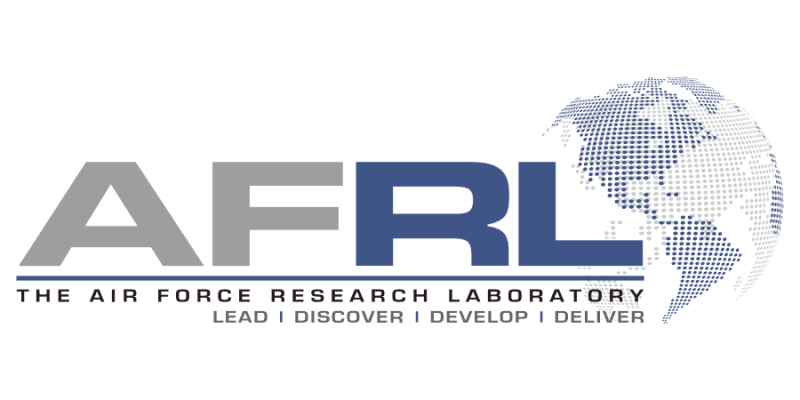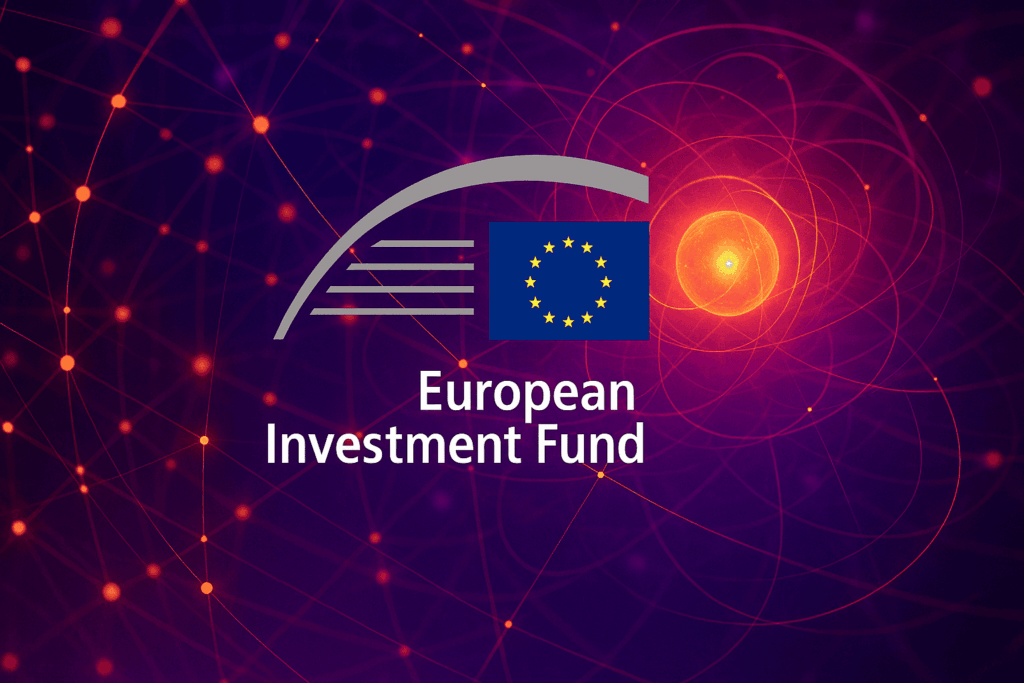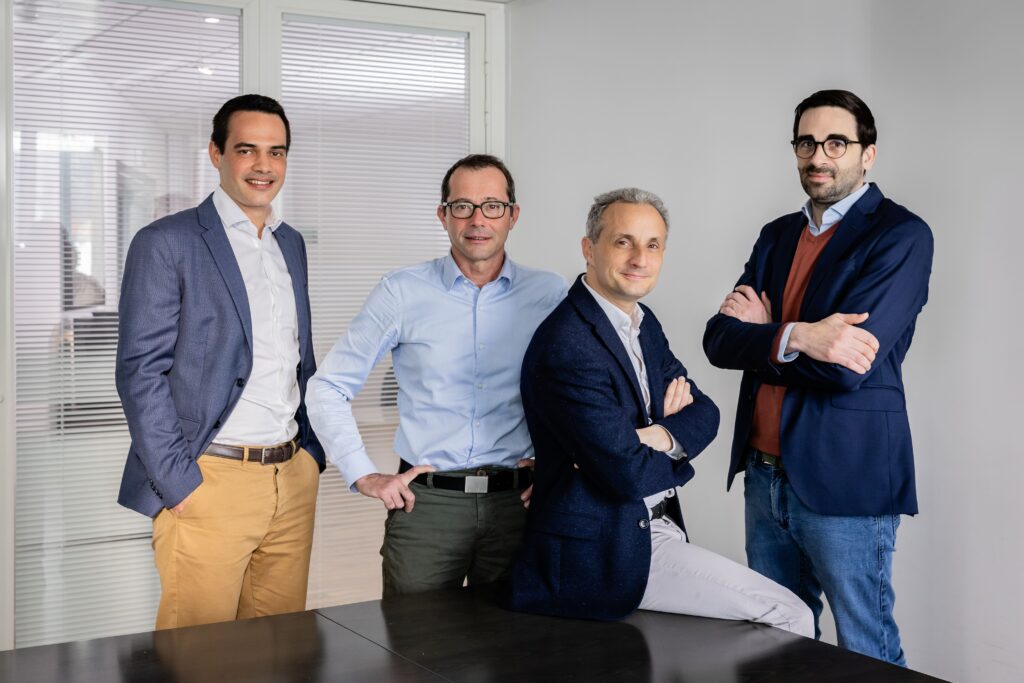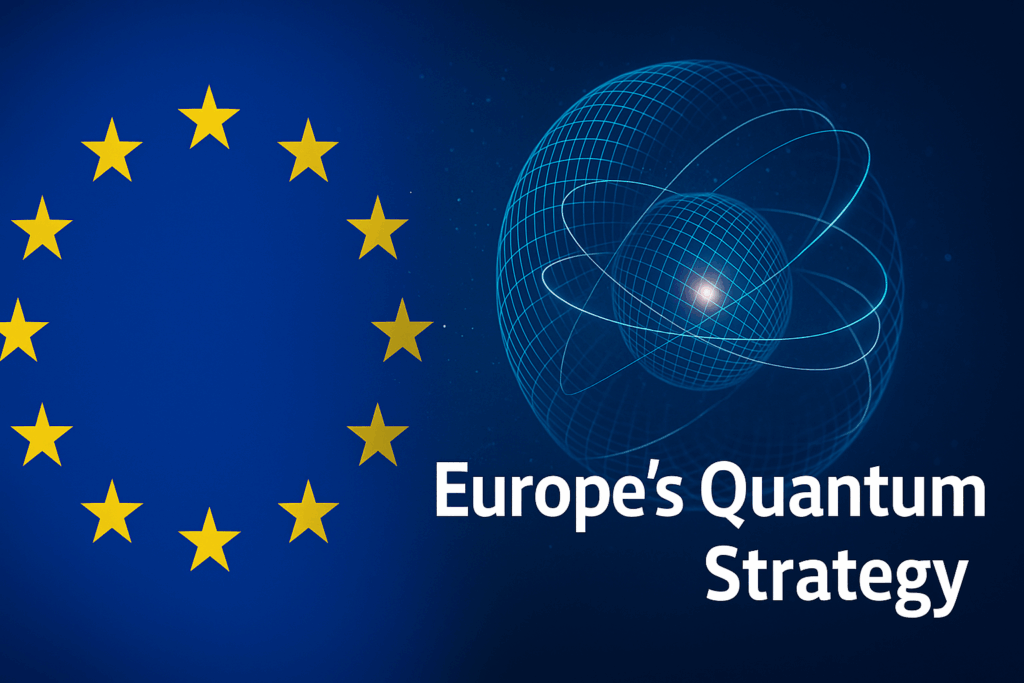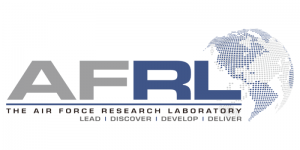
The Air Force Research Laboratory’s Air Force Office of Scientific Research recently awarded 17 quantum information science grants, with a focus on basic research, to scientists and engineers at institutions across the globe. These awards were fast-tracked following a three-day virtual pitch competition held during the Million Dollar International Quantum U Tech Accelerator, according to a AFOSR news release.
The Innovare Advancement Center, at Rome, New York, hosted the virtual Million Dollar International Quantum U Tech Accelerator event in the fall, with funding provided by AFRL’s Information Directorate, AFOSR, the Office of Naval Research, and additional support provided by the Griffiss Institute, New York State Technology Enterprise Corporation, and SUNY Research Foundation. This was a multi-layered collaborative effort with the common goal of accelerating quantum innovation for the U.S. military and coalition partners.
“AFOSR has a long history of collaborating with academia and industry on breakthrough science critical to the future of the Air Force and Space Force capabilities,” said Shery Welsh, Director, AFOSR. “We are thrilled to have supported the Million Dollar International Quantum U Tech Accelerator competition as it served as a perfect entry point for us to find talented, entrepreneurial, and energetic researchers dedicated to finding creative solutions that go beyond the classical Quantum Information Science (QIS) systems.”
The competition started with a global open call for white paper submissions Aug. 4, 2020, featuring four focus areas within quantum information science: Communications, Computing, Sensing and Timing.

White papers were received from 22 different countries, including the United States. From those submissions, a total of 36 white papers that met the evaluation and selection criteria were chosen for the final round to compete.
White papers were received from 22 different countries, including the United States. From those submissions, a total of 36 white papers that met the evaluation and selection criteria were chosen for the final round to compete. Those 36 proposers were then invited to give virtual pitches at the Million Dollar International Quantum U Tech Accelerator event to an elite cadre of judges consisting of top researchers and leaders from government, academia, and industry. Those selected at the event were then eligible to apply for a one-year seedling grant of approximately $75,000 each.
Million Dollar International Quantum U Tech Accelerator grant recipients:
- Gurudev Dutt, University of Pittsburgh (United States), Memory-Enhanced Quantum Sensing for GPS-denied Navigation
- John Close, Australian National University (Australia), Quantum sensors for GPS-denied navigation
- David Simpson, University of Melbourne (Australia), Towards sub-picotesla quantum diamond magnetometers for defense
- Paul G. Kwiat, University of Illinois at Urbana-Champaign (United States), Attosecond Measurements via Quantum- Enhanced Interferometry
- Fred Chong, University of Chicago (United States), Coreset Quantum Computing: Addressing Large Data Sets with Small Quantum Computers
- Kavan Modi, Monash University, Melbourne VIC, Mitigating correlated noise in quantum machines
- Andrew G. White, University of Queensland, Brisbane (Australia), Efficient Fast Photonic Integrated Circuits for Photonic Quantum Computing
- Shyan Shankar, University of Texas at Austin and New York University (United States), Superconducting-FET microwave amplifier for qubit readout
- Paolo Pintus, University of California Santa Barbara (United States), Ultra-low power magneto-optic devices for quantum computing in silicon photonics
- Tobias J. Kippenberg, Swiss Federal Institute of Technology, (Switzerland), Concepts and development of coherent transduction between different qubit technologies
- John Bartholomew, University of Sydney (Australia), An entangled photon pair source for hybrid optical-microwave quantum networks
- Marko Loncar, Harvard University (United States), Quantum enabling technologies to support communication and networking
- Alp Sipahigil, University of California, Berkeley (United States), Quantum Memories for Superconducting Quantum Networks
- Britton Plourde, Syracuse University (United States), Superconducting Metamaterial Ring Resonators
- Nicolas Grandjean, Swiss Federal Institute of Technology (Switzerland), Integrated blue laser and optical frequency comb for the next generation of lattice clocks
- Shimon Kolkowitz, University of Wisconsin-Madison (United States), Reducing optical lattice clock SWaP requirements while improving accuracy with precision Rydberg spectroscopy
- R. Jason Jones, University of Arizona (United States), 2-Photon Rb Optical Atomic Clock
The competition and follow-on grant awards represent a coordinated team effort across the AFRL research ecosystem.
“We are so grateful to the amazing team at AFRL’s Information Directorate for their dedication to driving quantum science through the cultivation of new partner relationships and the coordination of this very successful event,” said Welsh. “Congratulations to the new grantees – we look forward to the research results generated by this effort,” she added.
For more market insights, check out our latest quantum computing news here.

